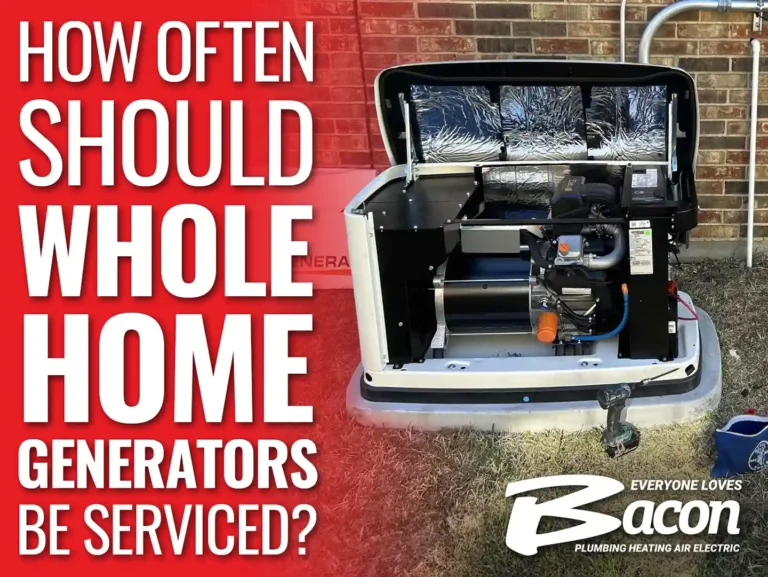Homeownership is a significant and scary life step for many. In today’s world, where your parents’ shop class has been replaced with a coding class, many first-time homebuyers are unprepared when it comes to home maintenance. Even if you do consider yourself “handy” around the house, when it comes to fixing electric problems that could seriously injure you, it may not be the best idea to start poking around in unfamiliar places.
When electrical issues start to pile up, it may not be worth it to call an electrician for every small task. Here are some tips from our licensed electricians that may help you out in the future.
Don’t Over Do it
Like with most DIY projects and fixes, you must know your limit. Just because someone on YouTube made it look easy doesn’t always mean it should be done without professional help.
For example, wiring an outlet wrong can be extremely dangerous. While it might not mean a direct fire hazard, you risk shocking yourself or others. Additionally, if you have a GFCI breaker in the breaker panel, the breaker may trip more frequently, depending on what is plugged into the improperly wired socket.
Testing for an improperly wired outlet is easy if you purchase a three-prong tester at your local supermarket or hardware store. Simply insert the tester, and it will tell you if it has been wired correctly.
Tamper Resistant Outlets
Imagine a room with outlets everywhere you look, enabling you to light a dark corner, watch TV, listen to music or charge your device at a moment’s notice. Unfortunately, several low outlets pose a risk to young children and pets.
We recommend all of our customers incorporate tamper-resistant outlets into their homes if they have small children. While not 100 percent childproof, they minimize the risk of fatal injury, can be cost-efficient, and are easy to install.
Forcing Circuit Breakers
Circuit breakers are built with mechanisms to protect us from the power flowing through our homes. They are designed to shut down when they detect a fault in the electricity flow to help prevent electrical fires. Never tape or keep a breaker switch from flipping for any reason.
Overloading Outlets
One reason a breaker switch might flip is due to an overloaded outlet. A circuit, which is connected to an outlet, can only handle so much power. When appliances exceed the outlet’s capacity, it shuts down.
Mislabeled Wires
Sounds dangerous, right? It’s safe practice to shut down the power to where you are working and individually test and label the wires yourself, as there is a chance some wires have been mislabeled with the wrong color.
Electrical work can be dangerous, so it’s best to call a professional if there is any doubt about the safety of a project. If your home has an electrical issue or you are ever concerned about doing electrical work, give Bacon a call, and we’d be happy to send a certified professional to help!



